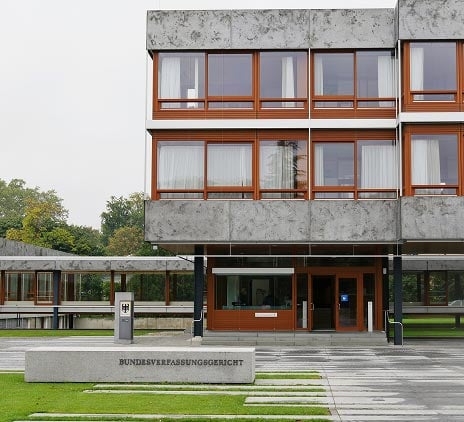Risk control and minimisation of liability in a tax control framework
Digital solutions for safe compliance in businesses
Tax compliance is more than just a legal obligation – it protects a company and its management from unexpected risks and fines, or even reputational damage. Innovative tools and queries as part of a thoroughly designed TCF can help companies stay on the safe side in the future. In many situations, risks such as bogus self-employment and incentives can be quickly and accurately identified using innovative tools and queries and directly allocated to risk categories to minimize – if not fully mitigate, negative outcomes.








































